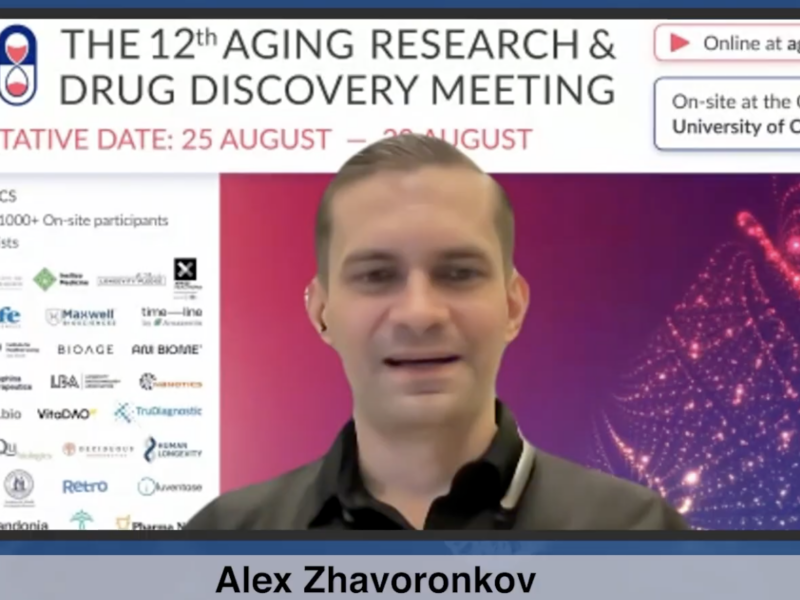Drs. Alex Zhavoronkov, Morten Scheibye-Knudsen, Evelyne Bischof and Dominika Wilczok discuss a research paper they co-authored that was published by Aging, entitled, “Longevity biotechnology: bridging AI, biomarkers, geroscience and clinical applications for healthy longevity.”
Aging (Aging-US) Authors
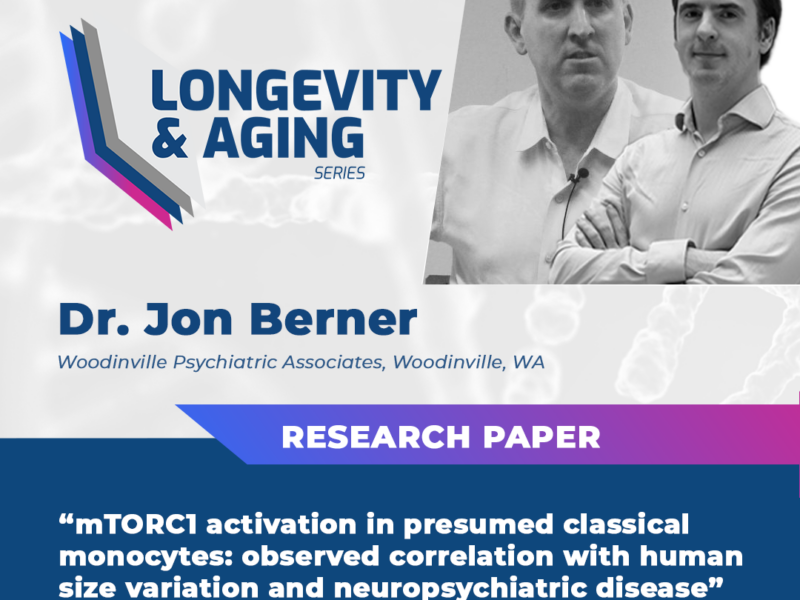
In the third episode of Season 2 of the Longevity & Aging Series, Dr. Jon Berner joins host Dr. Evgeniy Galimov to discuss a research paper he co-authored that was published in Volume 16, Issue 14 of Aging (Aging-US), entitled “mTORC1 activation in presumed classical monocytes: observed correlation with human size variation and neuropsychiatric disease.”
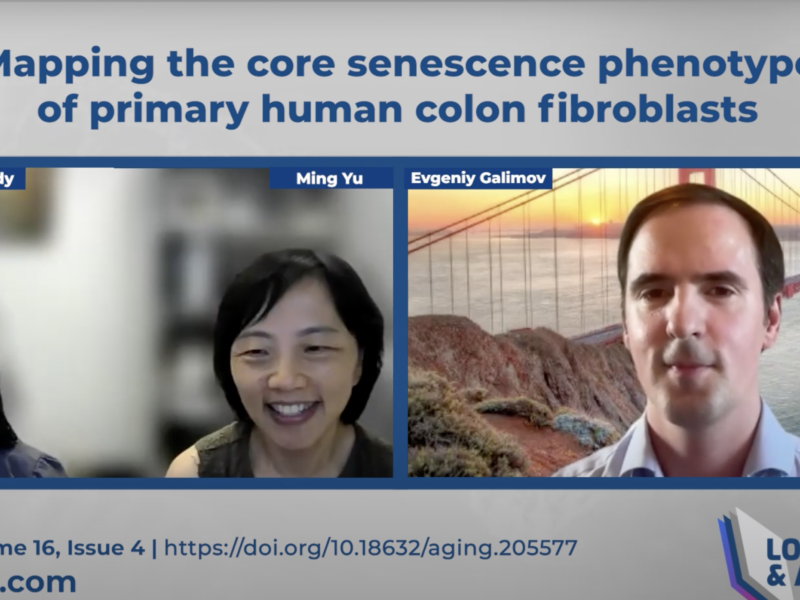
Dr. Ming Yu and Namita Hattangady from the Fred Hutchinson Cancer Center in Seattle, join host Dr. Evgeniy Galimov to discuss a research paper they co-authored that was published as the cover for Volume 16, Issue 4 of Aging (Aging-US), entitled, “Mapping the core senescence phenotype of primary human colon fibroblasts.”
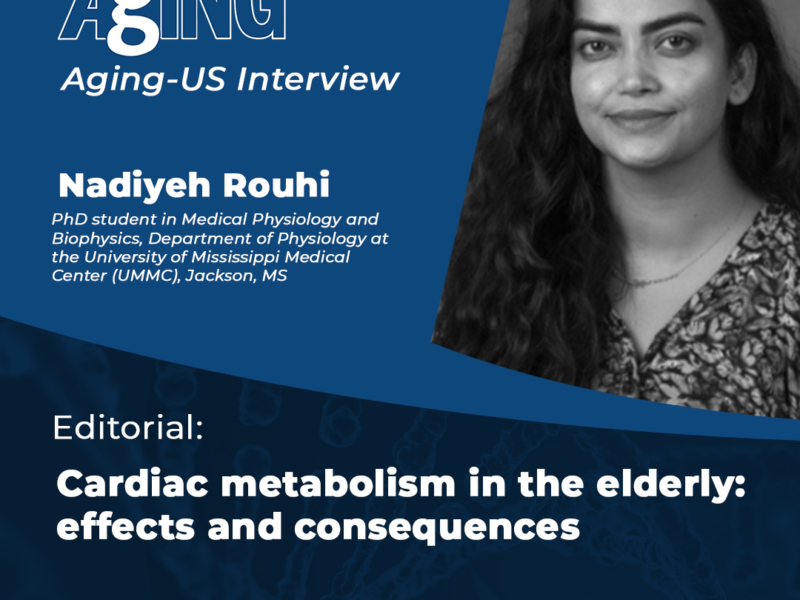
Nadiyeh Rouhi from the Department of Physiology at the University of Mississippi Medical Center (UMMC), Jackson, MS, discusses an editorial she co-authored that was published by Aging (Aging-US) in Volume 16, Issue 16, titled “Cardiac Metabolism in the Elderly: Effects and Consequences.”
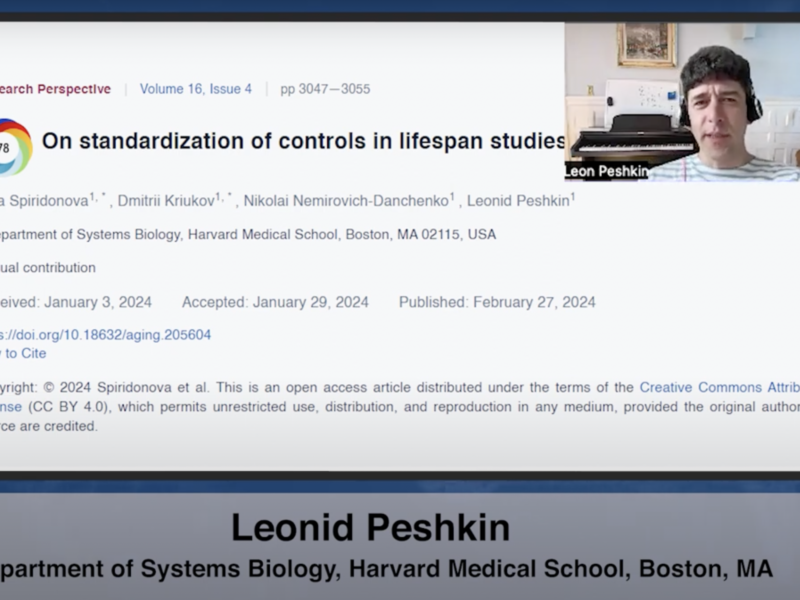
Dr. Leonid Peshkin from the Department of Systems Biology at Harvard Medical School details a research perspective he co-authored that was published by Aging (Aging-US) in Volume 16, Issue 4, entitled, “On standardization of controls in lifespan studies.”
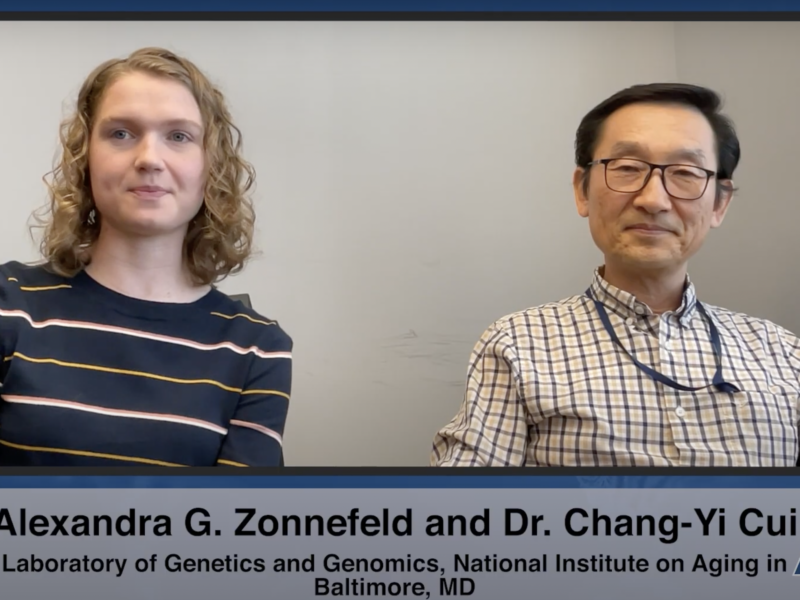
Dr. Chang-Yi Cui and Alexandra G. Zonnefeld from the Laboratory of Genetics and Genomics, National Institute on Aging in Baltimore, MD, discuss a research paper they co-authored that was published by Aging (Aging-US) in Volume 16, Issue 8, entitled, “Characterization of age-associated gene expression changes in mouse sweat glands.”
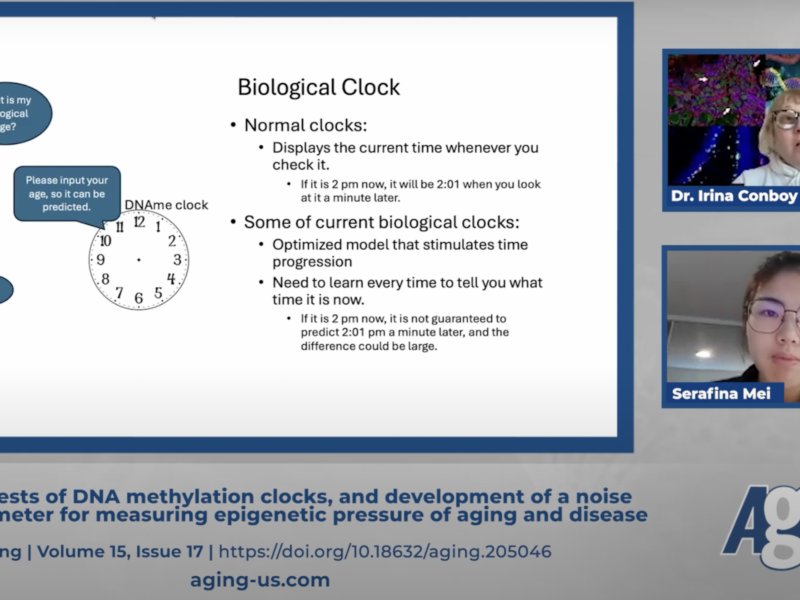
Dr. Irina Conboy and Xiaoyue (Serafina) Mei from the University of California, Berkeley, discuss a priority research paper they co-authored that was published in Volume 15, Issue 17, of Aging (Aging-US), entitled, “Fail-tests of DNA methylation clocks, and development of a noise barometer for measuring epigenetic pressure of aging and disease.”
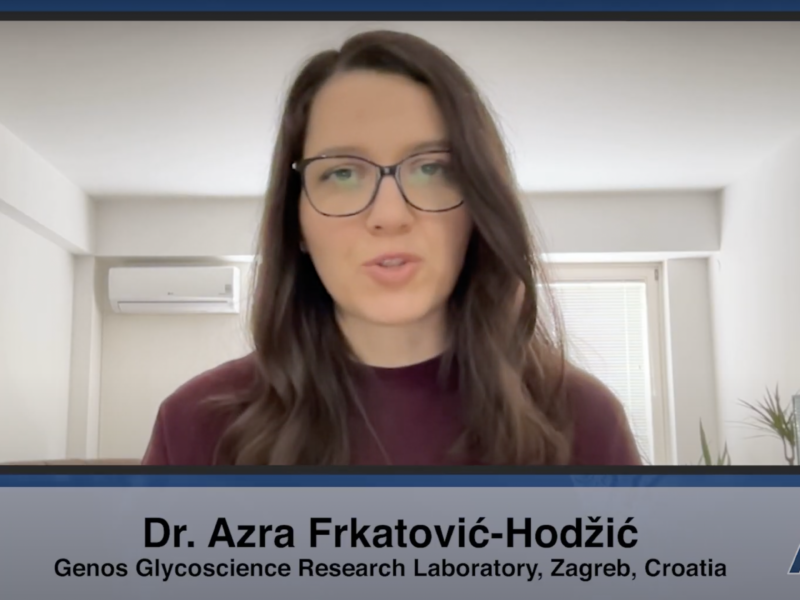
Dr. Azra Frkatović-Hodžić from Genos Glycoscience Research Laboratory in Zagreb, Croatia, discusses a research paper she co-authored that was published by Aging (Aging-US) in Volume 15, Issue 24, entitled, “Mapping of the gene network that regulates glycan clock of ageing.”
In a new interview, Dr. Jiajian Wang discusses a research paper he co-authored and published in Aging’s Volume 16, Issue 3, entitled, “Generating detailed intercellular communication patterns in psoriasis at the single-cell level using social networking, pattern recognition, and manifold learning methods to optimize treatment strategies.”
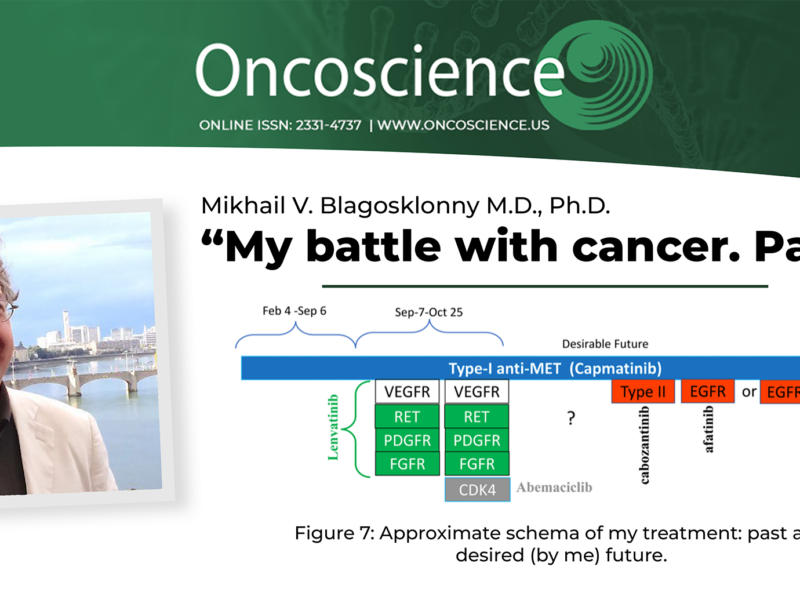
PRESS RELEASE: On January 3, 2024, Mikhail V. Blagosklonny M.D., Ph.D., published a new brief report in Oncoscience, entitled, “My battle with cancer. Part 1.”
